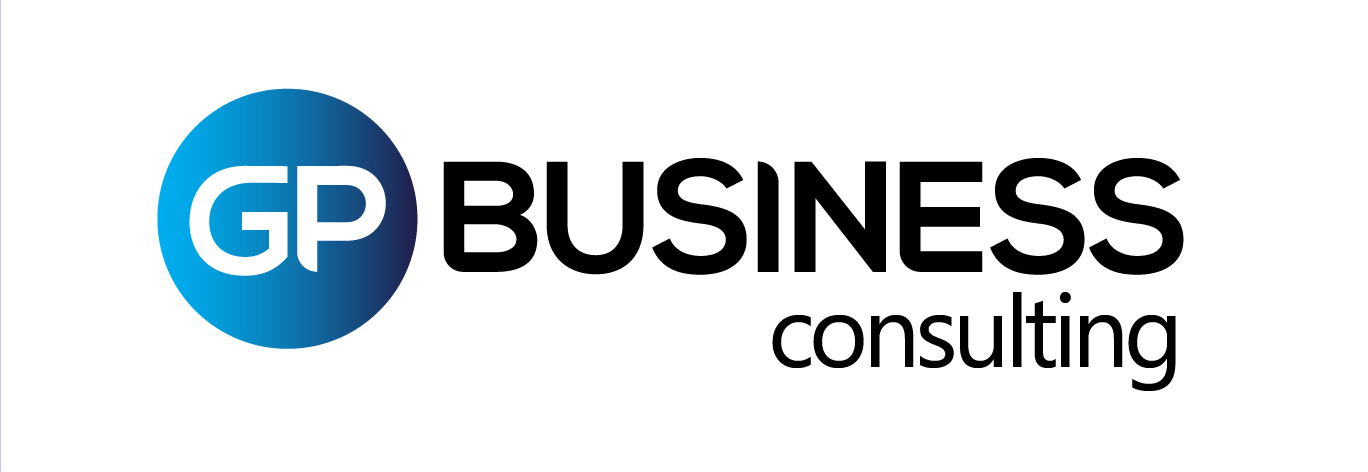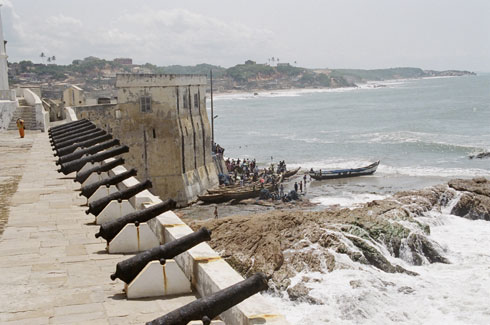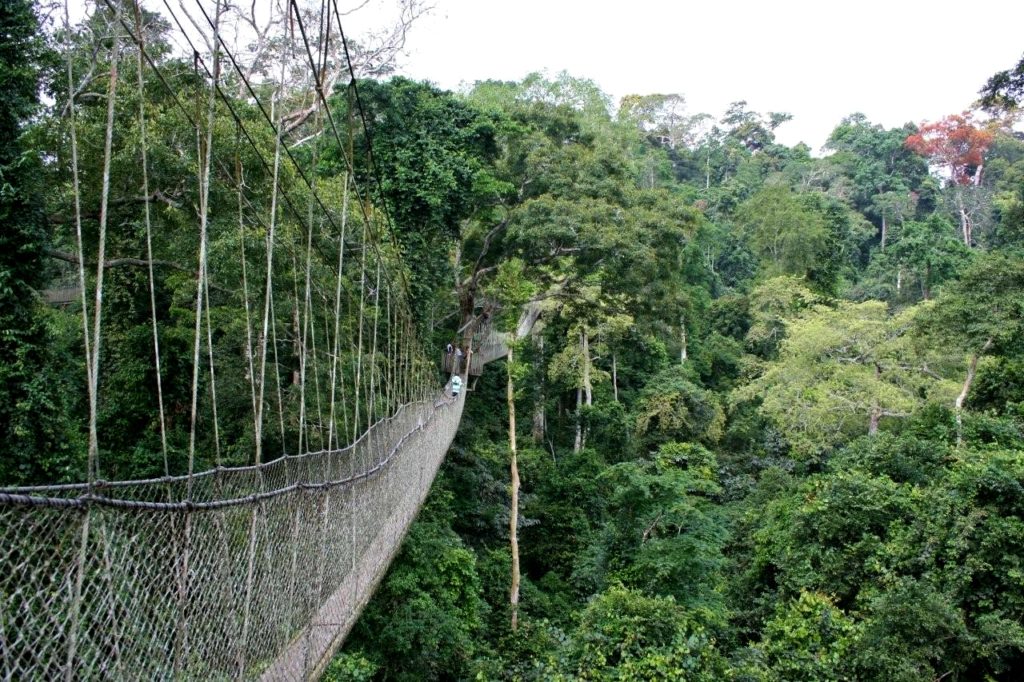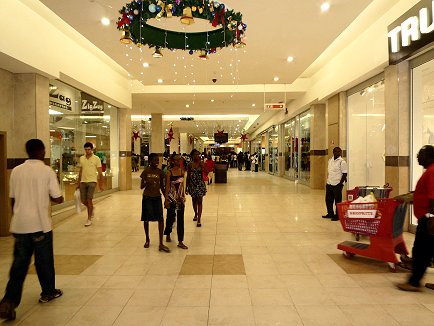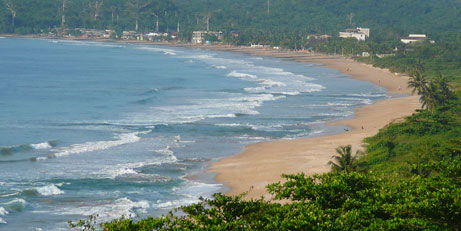To grow your business and reach new heights one often has to go into new, uncharted markets.
Opportunities in emerging countries offer one of the highest returns in today’s globalized marketplace. Beyond China, India or Brazil, experts agree that the next great success stories will come from Africa, which is the last frontier market. Ghana’s economy is on the verge of becoming one of the success stories of the second decade of the 21st century as record GDP growth in recent years is projected to stay above 6% in the next 5 years.
Ghana is a country with huge economic potential and immense room for development. Besides the fact that it is blessed with numerous natural resources, a fast-developing economy and growing middle class, it is also famous for the exceptional hospitality of its inhabitants.
In a regional comparison, Ghana is one of the most economically and politically stable countries in Sub-Saharan Africa. It has strong public institutions and governance; sound infrastructure and relatively well-developed financial markets. Ghana ranks 2nd in West Africa on the Global Peace Index.
Ghana placed 118th in the world and 13th in Africa. Ghana is not only the best place for doing business in West Africa, but the fastest growing economy in the world according to the World Bank’s Ease of Doing Business Report 2019.
Key Facts
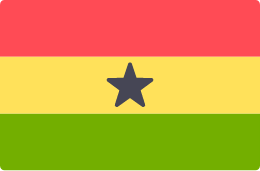
Capital: Accra
Area: 239,567 km2
Total Population: 31.07 Million (2018)
Urban Population: 56.7% (2018)
GDP: US$ $65.51 million
GDP growth: 6.3% (2018)
GDP per capita: US$ 2,201 (2018)
Language: English
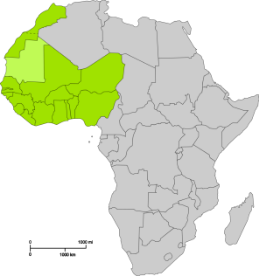
Ghana Overview
Ghana, formerly called the Gold Coast became independent from British colonial rule on March 6, 1957. It was the first sub-Saharan African colony to achieve independence.
The current total population of Ghana is 31.07 million, up from the official 2010 census figure of 24.2 million, and Accra as its capital and largest city has a population of about 2.27 million. The Greater Accra Metropolitan Area (GAMA) has about 4 million inhabitants, which makes it the 11th largest metro area in Africa. The second-largest city is Kumasi with 3,315,008 total inhabitants, while Tamale comes in third with the city population dropping down to 612,000.
Ghana is well-endowed with natural resources, exporting materials such as gold, timber, cocoa, diamond, bauxite and manganese, and the country is believed to have up to 5 billion barrels of oil in reserves.
The Ghanaian government is committed to establishing a private-sector friendly environment. With low corporate tax rates, tax holidays, custom duty exemptions for plant, machinery, equipment and parts, automatic immigrant quotas, and relief from double taxation for foreign investors, the investment climate in the country favours foreign investment.
This favourable atmosphere is rewarded by investor confidence that can be recognized by the constant growth of foreign direct investment (FDI) in recent years. Ghana has attracted the attention of well-known international businesses, investing in all sectors of the economy. Ghana has cemented its position as the most attractive destination for Foreign Direct Investment (FDI), ahead of neighbouring Nigeria, by attracting FDI commitments to the tune of well over US$ 3.5 billion in 2018.
With a cargo handling capacity of approximately 3.5 million twenty-foot equivalent units (TEUs), the Tema Port is among the top six largest and busiest ports in Africa.
Ghana's Kotoka International Airport has been adjudged the best airport in West Africa and the fourth best in the World by the Airport Council International (ACI) Africa. The country moved from 6th last year to 4th in the West African ranking.
Investment Guarantees
Constitutional guarantee
Investment laws which guarantee 100% transfer profits, dividends, etc.
MIGA membership
Bilateral Investment Promotion Treaties (BITs)
Double Taxation Agreements (DTAs)
Investment Opportunities, Sectors and Areas
Ghana provides multiple opportunities for investment beyond mineral deposits that include gold and diamond, and the recent discovery of oil and gas paves the way for the development of a robust oil and gas industry. The country has a huge tradition in agriculture and agro-processing, and recently the financial services and telecommunications sectors have fast been gaining ground, providing dynamic and innovative services to the most diverse customers in the world. Further opportunities exist in manufacturing, ICT, and Tourism.
The following sectors enjoy the increased attention of the government/government preference:
- Agriculture & Agro-Processing
- Cotton & Textiles
- Food Processing
- Financial Services
- Forestry
- Health
- Horticulture
- Information Communication Technologies (ICT)
- Infrastructure
- Mineral Processing
- Oil & Gas
- Tourism
- Utilities
- Water
- Electricity
- Trade (both import and export)
Let us help you find the best opportunities for your business in Ghana and West Africa.
For more information on Business and Investment Opportunities, please visit Ghanaian Business and Investment Opportunities
Receive your personalised information on sector-specific investment incentives ’Investment Incentives in Ghana’
